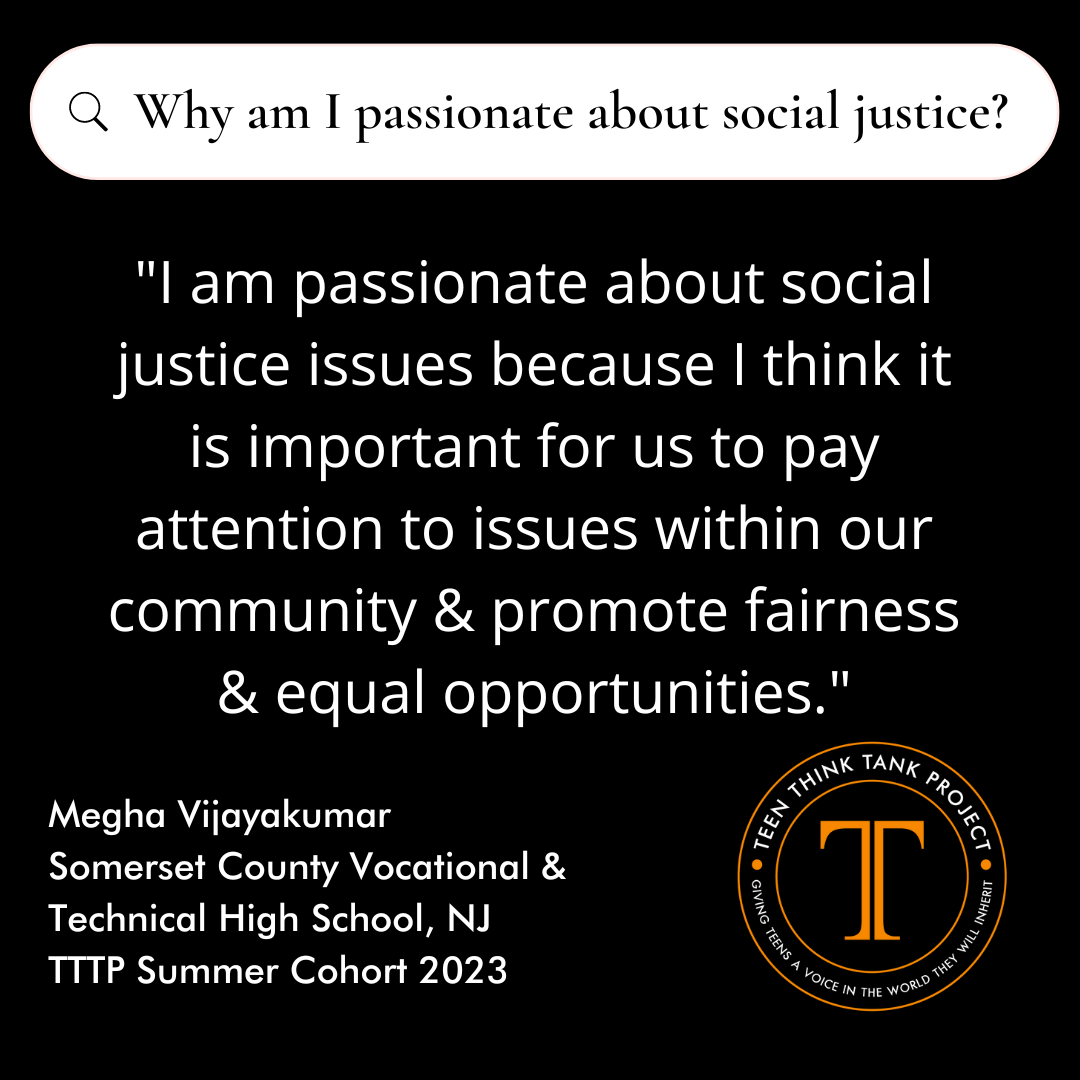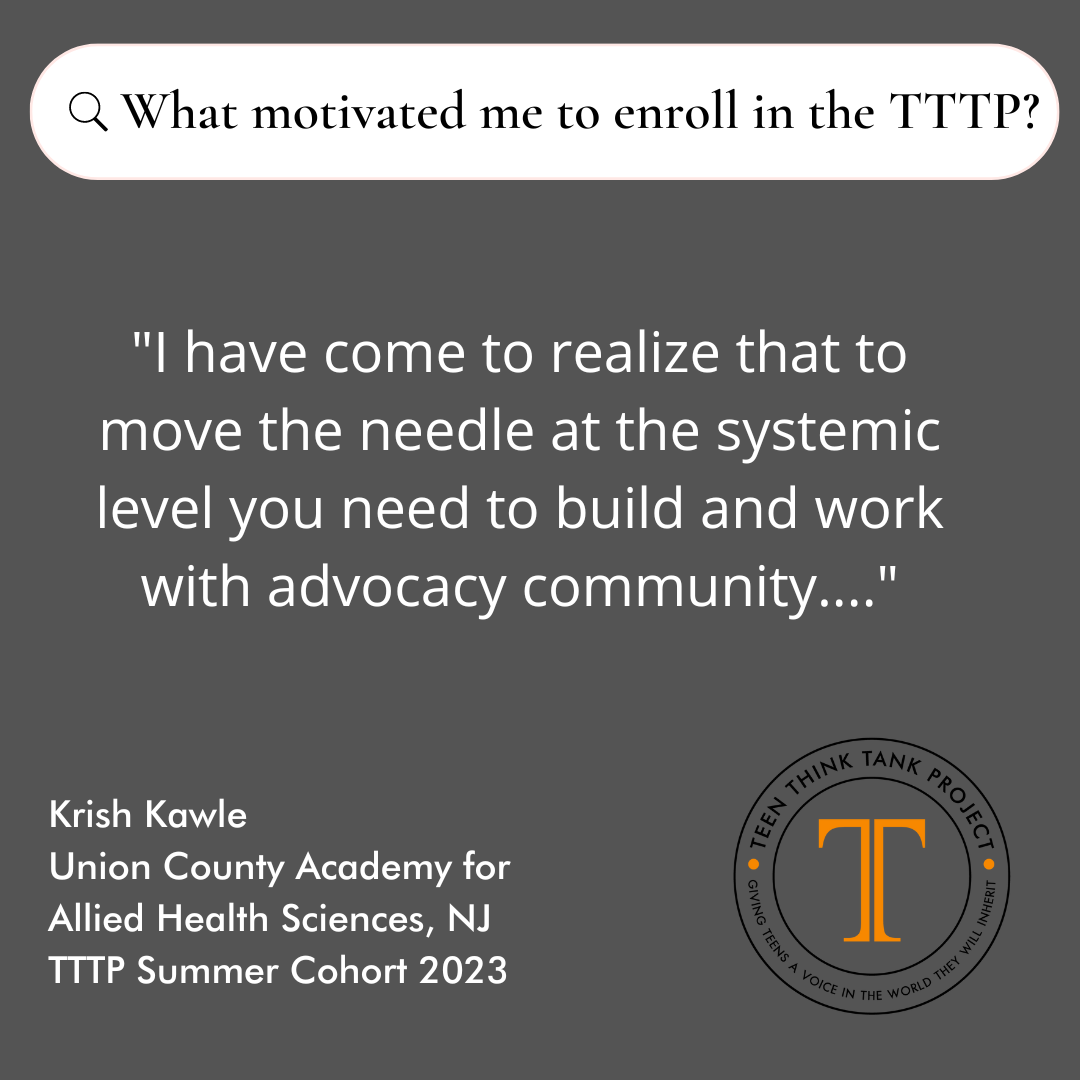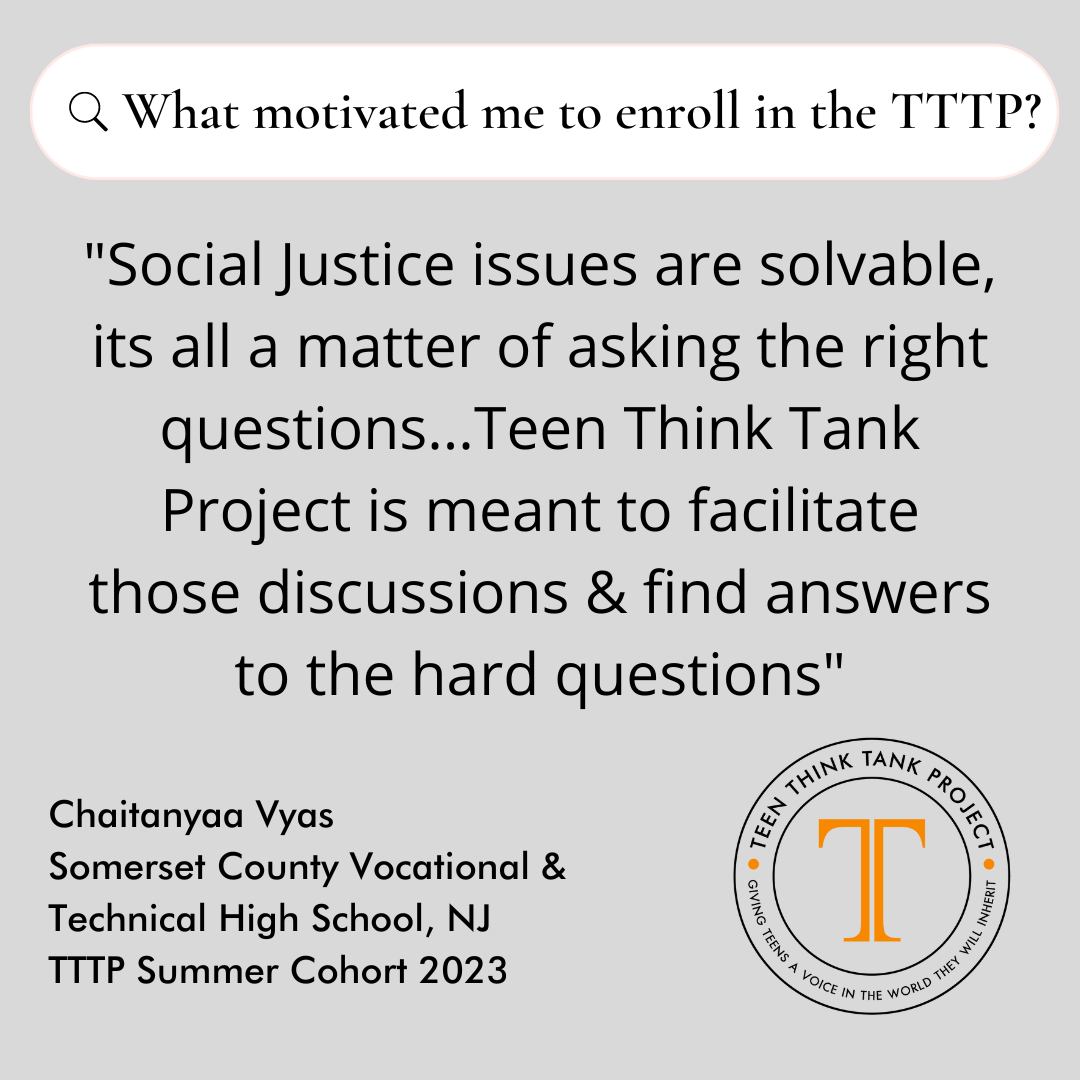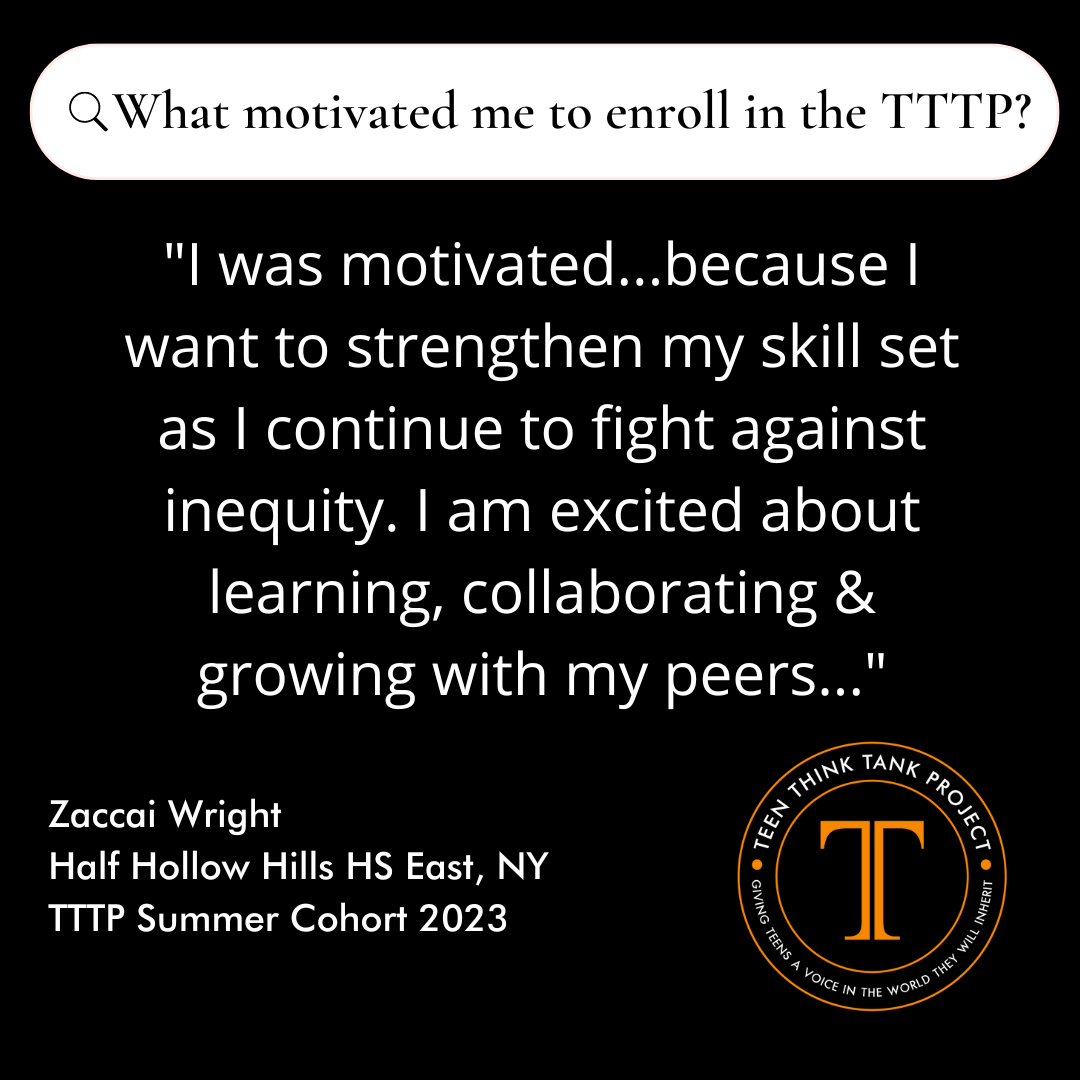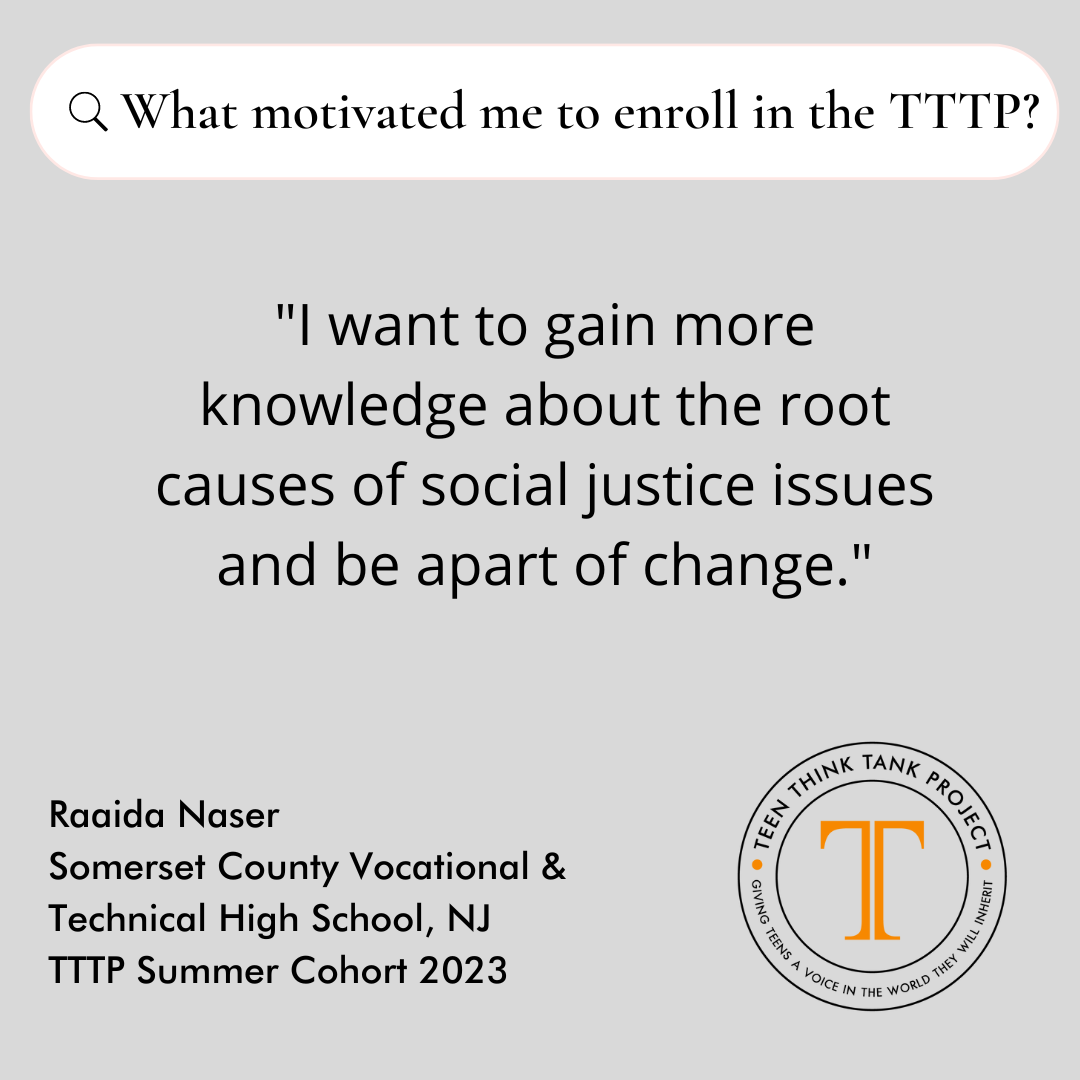Health Equity
Of all the forms of inequality, injustice in health is the most shocking and inhumane.
Martin Luther King, Jr.
Our Mission
This research cohort was assembled to explore the economic, social, legal, and political impediments preventing all Americans from achieving health equity and access to care. By examining the profit-centered nature of the healthcare industry, the systemic bias found within society, and the shortcomings in healthcare legislation and policy creation, this research cohort will identify the flaws present in the American healthcare system and explore possible solutions necessary to address these inequities. Through the examination of the causes of healthcare worker burnout, the cost of prescription drugs, and healthcare administration costs, our team lays out a framework that addresses the underlying economic and financial issues preventing health equity. Additionally, by discussing America’s lack of healthcare literacy, the presence of food and pharmacy desserts, and the stigmas surrounding mental health, our researchers attempt to dismantle the social obstacles standing in the way of access to healthcare. Finally, focusing on government-sponsored healthcare initiatives and pharmaceutical industry activities, our group attempts to address the legal and political influences affecting Americans’ health outcomes.
Our Work
On April 22, 2023, the Teen Think Tank Academy’s Health Equity Research Cohort presented its policy framework in a live webinar.
Our Framework
Unveiling Health Equity in America: Addressing the Impediments Preventing Access to Care for All
Healthcare is a necessity for everyone – a matter of life or death. An overwhelming majority of Americans feel failed by the United States healthcare system due to extremely high treatment costs, confusing bills, frustrating insurance rates, and more. Despite trillions of dollars being poured into the country’s health system, it fails to reach all those in need, creating an environment where various systemic impediments prevent Americans from gaining equitable access to care.
Prioritization of profit over patient care and treatment of healthcare as a luxury item creates economic issues. Socially, lack of healthcare prioritization, deprivation of necessary items (food, water, and space), and stigmatization of mental health disorders can disrupt healthcare progress. Governmental and legal systems also create issues; complex insurance policies, coverage gaps, and the influence of pharmaceuticals create a benefit for the minority over the majority.
In order to address the system inequities found in America’s healthcare system, we must address the economic, social, and legal impediments that are causing inequitable health outcomes by creating a patient-centric health system, promoting health literacy, addressing racial biases, eliminating stigmas, and revisiting existing healthcare laws.
Economic Impediments
Providing quality care to patients should be the ultimate goal of the healthcare industry; however, the increasing commercialization of healthcare has introduced complex dynamics that can lead to an interrelated series of economic impediments that prevent Americans from receiving equitable access to healthcare. This profit-driven approach to healthcare systems, which focuses on financial incentives and market forces, prioritizes revenue and shareholder returns and compromises health equity and patient outcomes.
Social Impediments
Addressing the economic impediments preventing equitable access to healthcare should undoubtedly be a priority; however, it is only one of several obstacles standing in the way of access to care for all. Many of the obstacles creating inequitable health outcomes in America are due to the societal barriers that deny people full access to healthcare. These social impediments can be ascribed to prejudices that are both consciously and unconsciously held against patients.
Legal Impediments
Economic and social impediments are complex issues with generations worth of bias that must be addressed and undone. The legal and political arenas are areas in which America could influence healthcare outcomes for the better. However, after years of attempting to implement policy and legislation to address health equity issues, the American government comes up short, even when it appears that it is making progress. Whether it is fixing existing legislation, creating new state-sponsored healthcare initiatives, or holding the healthcare industry accountable, American policymakers and legislators must do a better job protecting its citizenry from inequitable health outcomes.
Policy Recommendation
By prioritizing patient-based care, we can improve patient satisfaction and health outcomes – improving patients’ healthcare and treatment as a whole. From a social perspective, steps can be taken to prioritize healthcare, mitigate inequality in necessary resources, and prevent social stigmatization of mental health. Finally, legal and political measures can be long-lasting and extremely beneficial if implemented in a correct manner. If these measures are taken into practice, health inequality may not become such a significant issue in upcoming years.
Our Story
Learn about the teen change agents who dedicated their entire summer to changing the educaitonal, economic, and political landscape in an attempt to save our planet.
Our Team
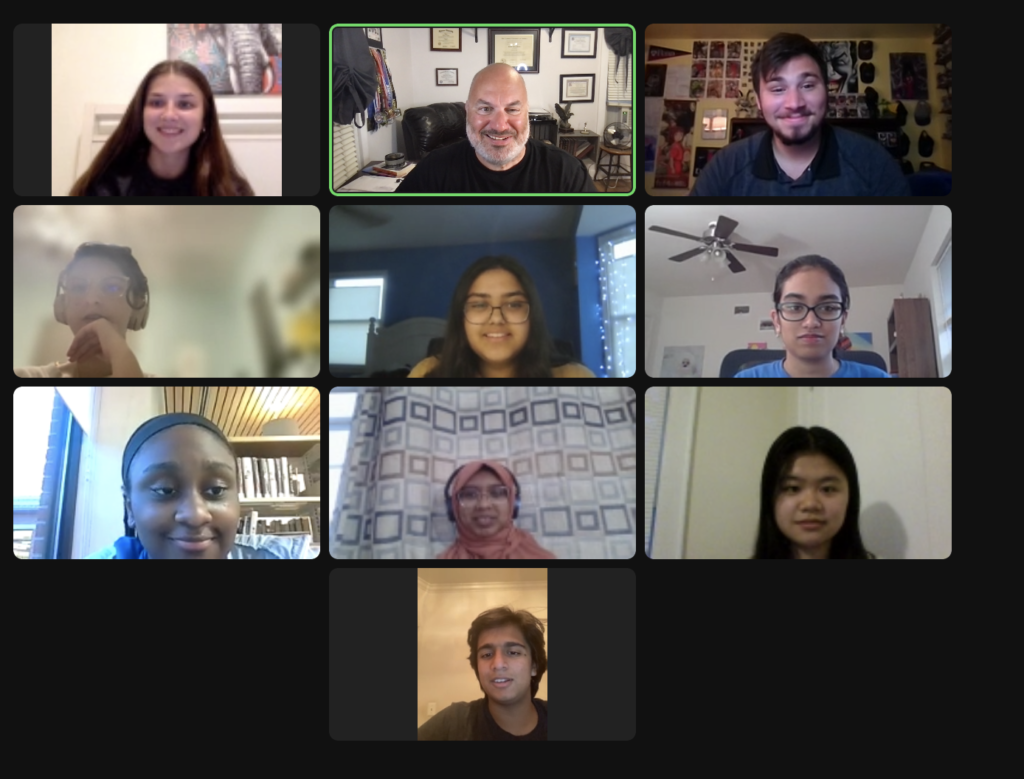
Connect with us on LinkedIn
Our Motivation
Our Scholarship
Each session, the Teen Think Tank Project awards a cash scholarship to the research associate that best exemplifies the values of our community. Since all of our talented cohort members are eligible to apply, awarding the scholarship is an extremely difficult task. This session was no different. We thank all of our research associates for applying, commend our finalists Jessy Dong and Laurel Tonkinson for their hard work and dedication, and congratulate our winner Chaitanyaa Vyas for her commitment to change!

